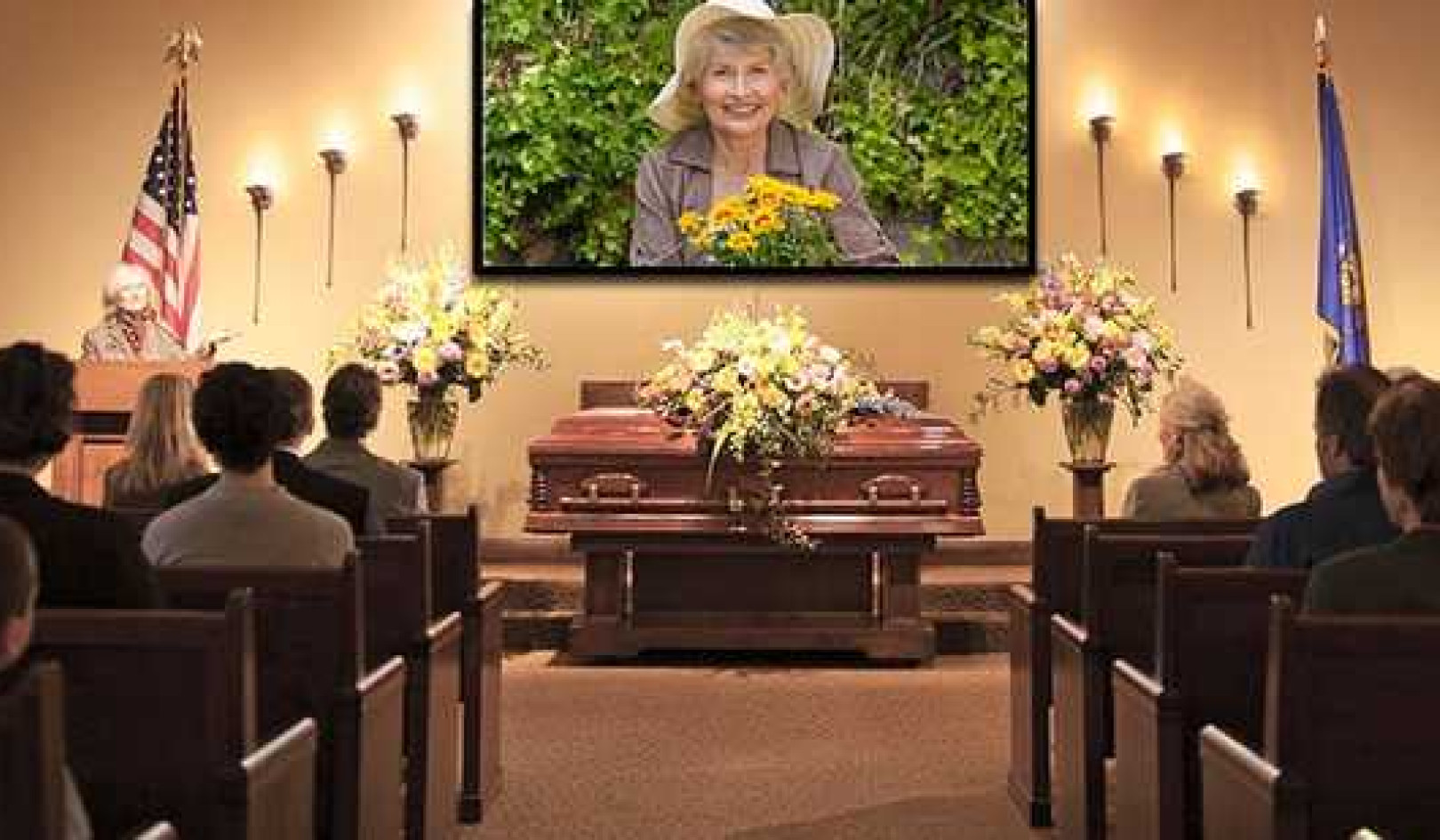
The 1980s were a time of fractured families if not from busy schedules and distant moves, then from adult children identifying and disparaging their parents and their mistakes. Some even 'divorced' their parents, refusing contact, and moving cross-country to escape them.
The value and lasting impact of family is being rediscovered. Even the 'dysfunctional family' guru of publishing and television, John Bradshaw, has softened his position -- although he contends his work was misinterpreted if people actually cast family members from their lives.
In Family Secrets, he underscores the importance of family connection. He emphasizes acceptance and "loving your own crooked family with your own crooked heart. The reverence we've had for family is justified."
Bradshaw says: "I was more enamored with family dysfunction, so I focused more on the dysfunctional family. What I feel now is Thomas Moore's sense that life is much more soulful and we can't get it in these categories that I thought as a younger man. The family has a soul, deeper than we can fully understand how it impacts our lives."
In a Life magazine article, George Howe Colt pointed out that family bonds "are formed less by moments of celebration and of crisis than by the quiet, undramatic accretion of minutiae -- the remark on the way out the door, the chore undone, the unexpected smile."
And, let us add, the time spent together. Just as Mormons celebrate Mondays as Family at Home Night, we can rethink some of our commitments and create time for what's truly important.
And family is important. Retaining the soul of the family is essential in an era where kids turn to gangs to feel they belong.
Workaholism Kills Relationships
Riddle: What's the best way to please your boss and frustrate your mate?
Answer: Work overtime. Bring work home. Break promises to the family when work interrupts plans.
As we push to succeed, relationships suffer, sometimes even die. Yet the pressure is greater than ever to spend more time on the job.
A survey of 3,000 male readers by a business magazine shows:
1. More than half work more than sixty hours weekly;
2. 29 percent work more than seventy hours.
3. More than half fight about it with their wives at least monthly, almost 25 percent at least once weekly.
4. One-third bring work home and work till 11 p.m. or midnight;
5. Some work eighty hours a week and don't get to bed until 2 a.m.
Who has time -- or energy -- for love?
Now, we're not talking here about a healthy work ethic, company loyalty, or job integrity. We're talking about buying the myth that working long hours to the exclusion of having a life is good for you.
It isn't.
Facing up to the Myths
Look at the myths:
1. Hard work brings company gratitude.
Not necessarily. Ask those whose company has been laying people off. Ask workers in a firm taken over by another corporation or by new managers. What you've accomplished can count for nothing overnight. No one is indispensable.
2. Working long hours proves you love your family.
Have you asked your mate or kids lately how they feel about your perpetual physical or emotional absence? Do you find yourself offering your family things instead of time? Two-thirds of the men working eighty or more hours weekly said in the magazine survey that they appeased their families by buying expensive gifts or sending them off on fancy vacations.
3. Working overtime shows you're successful.
Not necessarily. It may just indicate you're a workaholic, confusing productivity with busyness, and leisure with wasting time. Worst of all, workaholics confuse work with personal worth. These are the people who ignore family and friends, who feel worthless upon retiring, who die soon after retirement -- or make their mates so miserable they wish they would die.
4. Hard work gets you into heaven.
That's what theologian John Calvin (1509–1564) would have us believe. These days, it gets you burnout.
Preventing Job Burnout and Alienation
So how we can prevent job burnout and family alienation? Bookstores and libraries are full of books on job stress. Some counselors specialize in the subject. We can avail ourselves of all these.
We can get our priorities straight -- like the man who told me, "I promised myself I wouldn't turn fifty and realize I didn't know my kids." We can turn down promotions. Learn to work more efficiently. Leave when the workday is over instead of waiting for the boss's light to go out. Stop carrying work home.
We can stop buying into the myths that are easily exploded by those who've been rifled, "downsized", or encouraged to retire ahead of us. Remember the lie carved over the gates of the Nazi concentration camps: "Work shall make you free."
Working long and hard may make you the workplace pet. It may make you rich or even famous. It may make you CEO.
But it won't make you popular with those you love most. And those are the folks who matter.
Creating Time Together
Time together won't happen automatically; we have to make it happen. And if it's truly important to us, we do just that. We set time aside for those we love -- first.
1. Schedule time with your partner or kids or parents regularly. Write it on the calendar in red.
2. Decide what works best for you: A date every Friday night? A walk together after dinner? A leisurely breakfast Saturday mornings? Discuss it with those involved.
3. Plan as many meals together as possible; establish some as mandatory. Preparing the meal, serving it attractively, enjoying it, and even cleaning up can become an unhurried ritual providing cherished time together.
4. Make a date with a child. Each child gets special time alone with Mom or Dad on a regular basis. It may just be a burger out, but it's undivided attention. One dad I know takes each child out for a special dinner alone with him near their birthdays.
5. Get away alone as a couple, without the kids. Do this partnership right, and it will endure long after the children are gone. Money tight? Arrange to bunk the kids with Gramma or a friend; sleep naked, enjoy breakfast in bed, be romantic. Take your turn keeping the friend's children to return the favor.
6. Make family get-togethers special by keeping the TV off and using your imagination. Get out the board games. Show the kids what you used to do as kids. Tell family stories. Get up a ball game in the backyard or nearby park. After a family dinner at my house recently, three generations played charades of sorts -- complete with impromptu costumes. We divided into teams of two adults and one child, then suggested or let the kids decide what story they wanted to act out. Grampa, Daddy, and Zach draped towels around their shoulders to become dueling Three Musketeers. Brittany, Aunt, and Uncle did Little Red Riding Hood. Confined to the couch with a bad back, Mom was the slumbering Snow White, three-year-old Ashley a weeping dwarf, and Gramma the Prince Charming who awoke her. We not only played and laughed together, but the kids didn't want to quit.
7. Consider family camping trips. Several families I know get together every Labor Day weekend at a campground, expanding the number of tents to cover the growing numbers of grandchildren.
Article was excerpted with permission of publisher,
Beyond Words Publishing, (800) 284-9673.
http://www.beyondword.com
Article Source
Home Sweeter Home: Creating a Haven of Simplicity and Spirit
by Jann Mitchell.
 We search the world for spirituality and peace - only to discover that happiness and satisfaction are not found "out there" in the world but right here, in our houses and in our hearts. "There's no place like home" holds true whether we live in a castle or a condo, a mansion or a studio apartment. HOME SWEETER HOME offers creative insights and suggestions for making our home life more nurturing, spiritual, and rewarding for ourselves, our families, and our friends.
We search the world for spirituality and peace - only to discover that happiness and satisfaction are not found "out there" in the world but right here, in our houses and in our hearts. "There's no place like home" holds true whether we live in a castle or a condo, a mansion or a studio apartment. HOME SWEETER HOME offers creative insights and suggestions for making our home life more nurturing, spiritual, and rewarding for ourselves, our families, and our friends.
Info/Order this paperback book and/or download the Kindle edition.
About The Author
 Jann Mitchell is an award-winning feature writer and author. Her popular column, "Relating," in The Sunday Oregonian has run for more than eight years and is carried by the Newhouse News Service to newspapers around the country. Her work has been featured in national magazines and appears in A Second Helping of Chicken Soup for the Soul. Author Barbara De Angelis calls Jann Mitchell "the most conscious journalist in America." Jann is also a sought-after lecturer.
Jann Mitchell is an award-winning feature writer and author. Her popular column, "Relating," in The Sunday Oregonian has run for more than eight years and is carried by the Newhouse News Service to newspapers around the country. Her work has been featured in national magazines and appears in A Second Helping of Chicken Soup for the Soul. Author Barbara De Angelis calls Jann Mitchell "the most conscious journalist in America." Jann is also a sought-after lecturer.



























